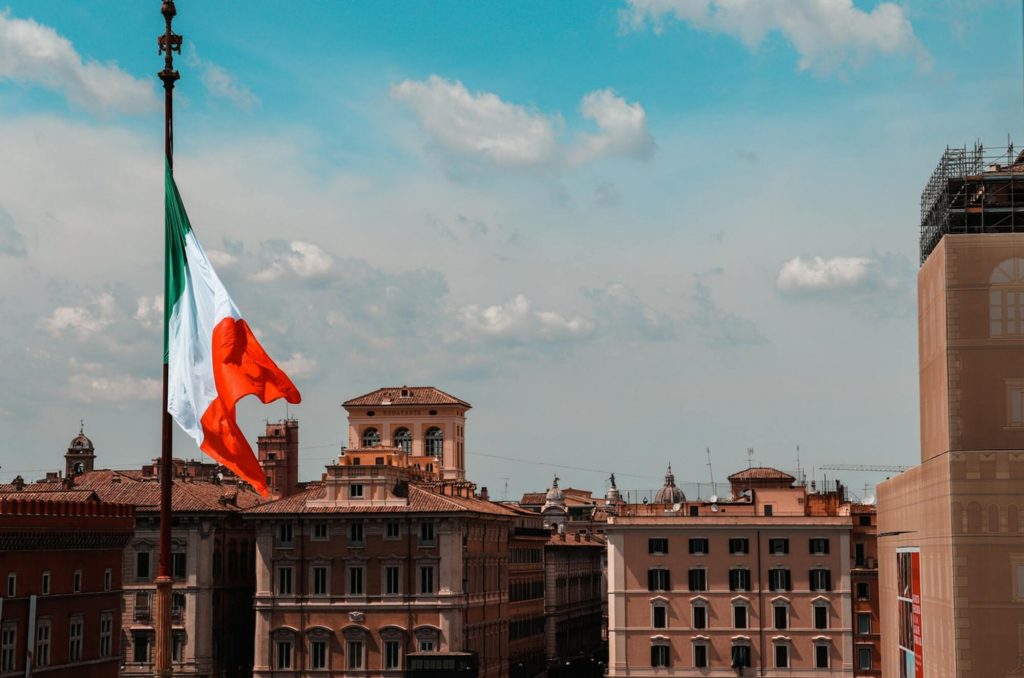Italian expats have access to a vibrant cultural life in a nation with a fascinating past. Modern Italy is home to lush vineyards, world-class restaurants, a thriving economy, and, of course, Vatican City. It was once inhabited by Ancient Romans and groundbreaking artists. It also has a romantic aura, which, when combined with a vibrant culture, makes it a favorite choice for expats all over the world. Every city in this European nation has a unique history, from the Roman Empire in Rome to the Renaissance-era cities of Florence and Venice. The country is a fascinating area to live and work in since it is dotted with numerous cathedrals, monuments, museums, and well-known works of art.
Italians are renowned for having strong familial ties that serve as the cornerstone of their society. They are renowned for loving food as well. Italian food is well-known in practically every city in the world. No matter where you go, most restaurants serve pizza and pasta. Italian cheese, wine, and cured meats are some of their other well-known exports. Italian culture places a high value on coffee, and coffee shops are popping up everywhere as a direct result of the Italian coffee houses.

Italy as an expat destination
Italy is very advanced and one of the original founding nations of the European Union. Nearly 6% of the population are immigrants from all over Europe who have settled here. If you are from an EU country, moving here to live and work is simple. The simplest way to enter the country on business is to be offered work, however citizens of non-EU countries must apply for visas and work permits.
It’s crucial to keep in mind that business is done socially if you’re traveling to Italy to expand an existing enterprise or launch a new one. The majority of employment offers are made through personal connections; it does come down to who you know.
Cost of living in Italy
Italy uses the Euro as its official currency and is a part of the European Union. Nevertheless, it is generally acknowledged that Italy has greater costs than many other EU nations. Depending on which region of Italy an expat chooses to reside in, their cost of living will change. The north of the country normally has a significantly higher quality of life than the south. In the 2012 Mercer cost of living survey, Milan, the most expensive city in Italy, was ranked as the 38th most expensive city in the world, down 13 places from the previous year. Rome dropped eight positions from the previous year to be ranked as the 42nd most expensive city to live in.
Language
Italian. In the northern region of the nation, close to the Austrian border, some German is spoken. In bigger towns like Rome and Venice, where English is widely spoken, a lot of commerce is done.
Weather in Italy
Mediterranean climate features warm, dry summers and chilly, rainy winters. Winters in the north are covered with snow, and summers in the south can be oppressively hot.
Job and career opportunities for expats in Italy
The unemployment rate in Italy is relatively high, especially in the economically depressed south of the country. An estimated 30% of Italians under the age of 25 are thought to be unemployed, making it a particularly high rate among young people. Many businesses already forbid hiring and frequently issue short-term contracts rather than comprehensive long-term ones.
Finding a career before moving to Italy is encouraged for expats who are interested in living there because employment prospects there are few. In most circumstances, having a solid working understanding of Italian will be necessary.
People with degrees in science and IT may have a higher chance of getting employment because these fields now experience certain shortages.
